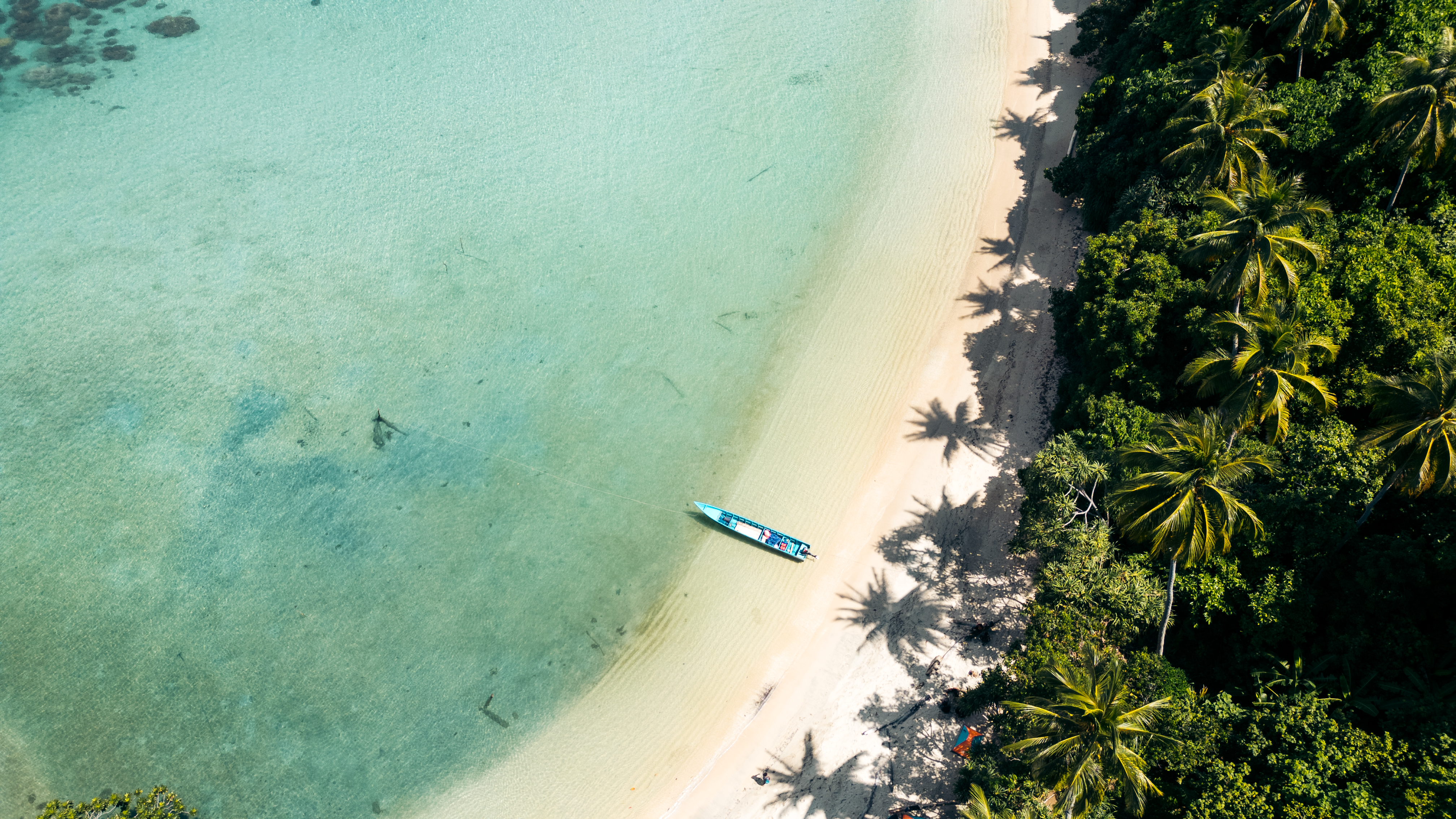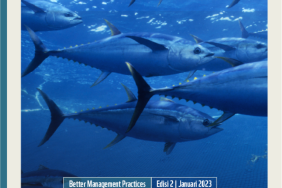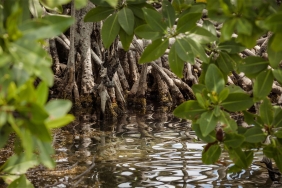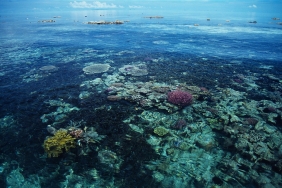WWF AND KKP STRENGTHEN COOPERATION ON FOOD SECURITY EFFORTS
Jakarta - Today (17/10), WWF-Indonesia strengthened its collaborative relationship with the Ministry of Maritime Affairs and Fisheries (KKP) through the signing of a Joint Agreement on Sustainable and Responsible Management and Utilization of Marine and Fisheries Resources. The agreement is intended to strengthen the Government of Indonesia's efforts to fulfill policies related to food security, sovereignty and sustainability of fishery products, especially in the Coral Triangle region.
The signing of the Joint Agreement, which took place at the Mina Bahari I Building of the Ministry of Maritime Affairs and Fisheries, was carried out between the Secretary General of KKP Sjarief Widjaja and WWF-Indonesia CEO Dr. Efransjah.
This Joint Agreement reflects the second phase of cooperation between WWF-Indonesia and KKP, after the end of the 2010-2014 Joint Agreement period. The scope contained in this agreement is an integration of the Strategic Plans (Restra) of both parties, which include the development of sustainable and responsible management of marine resources and fisheries; optimizing the development of marine, coastal and small island conservation areas; maintaining ecosystem health for the welfare of the community and the survival of protected species; as well as research and policy studies.
Dr Efransjah said, "WWF-Indonesia realizes the importance of encouraging the transformation of sustainable and equitable marine resource management policies, and encouraging the creation of collaborative management mechanisms. Thus, strong synergy and cooperation with KKP is very important."
"KKP welcomes continuing cooperation with WWF-Indonesia, because KKP's policies related to sustainable and responsible management and utilization of marine and fisheries resources, both now and in the future, still require support from various parties including civil society groups," said Sjarief Widjaja. "In addition, KKP also provides work space for partners to facilitate coordination for smooth cooperation," he continued.
The Coral Triangle is an area with the highest level of marine biodiversity in the world covering six countries - namely Indonesia, Malaysia, the Philippines, Timor Leste, Papua New Guinea, Solomon Islands - which supports the lives of more than 120 million people living in coastal areas as well as thousands of business units both small and large in the fisheries and tourism sectors.
The working area of WWF-Indonesia's Coral Triangle Program is spread throughout Indonesia's marine waters and also includes several areas of Inland Public Waters (PUD). For marine waters and especially related to the management of marine protected areas, WWF-Indonesia focuses on centers of biodiversity such as the Sunda Banda Seascape (Sunda Banda Seascape), the Bird's Head Seascape (Bird Head Seascape) and the Sulu Sulawesi Seascape (Sulu Sulawesi Marine Ecoregion). While related to fisheries management, WWF-Indonesia's working area follows the Fisheries Management Area (WPP), especially in efforts to design and implement the Ecosystem Approach to Fisheries Management (EAFM) model.
For more information, please contact:
- Wawan Ridwan, Coral Triangle Program Director, WWF-Indonesia (wridwan@wwf.or.id, +62 811 9910082)
- Muhammad Ridha Hakim, Sunda Banda Seascape Partnership & Governance Leader, WWF-Indonesia (rhakim@wwf.or.id, +62 812 3778055)





